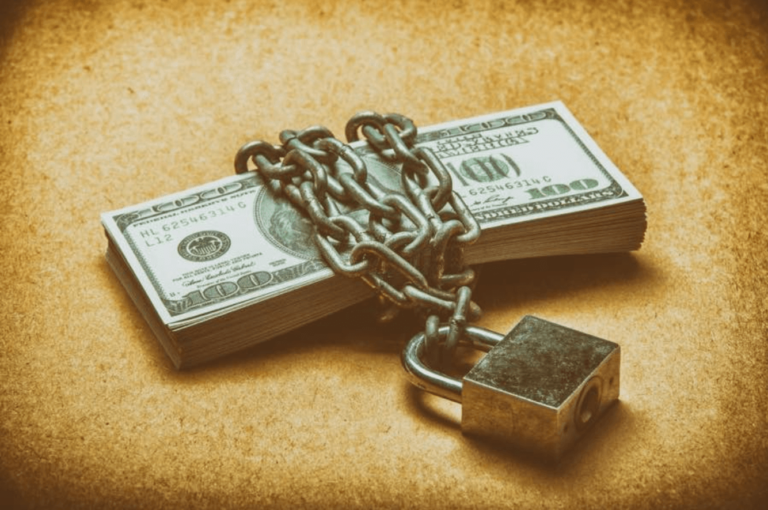Learn All About What is a Secured Loan?
When it comes to financing your needs, secured loans are a popular option for individuals looking to borrow money while offering collateral to secure the debt. In this comprehensive guide, we will delve into the world of what is a secured loan, exploring their types, advantages, disadvantages, and much more.
Understanding what is a Secured Loan
Secured loans are a type of loan where the borrower pledges an asset as collateral for the borrowed amount. This collateral, which can be in the form of real estate, a vehicle, or other valuable property, acts as security for the lender. In the event of non-repayment, the lender can take possession of the collateral to recover their losses.
Types of Secured Loans
Mortgage Loans
One of the most common forms of secured loans is a mortgage loan. When you buy a home, the house itself serves as collateral for the loan. Mortgage loans are long-term commitments and are typically repaid over 15 to 30 years, making homeownership more accessible.
Auto Loans
When purchasing a car, you might opt for an auto loan. The vehicle you’re buying serves as collateral in this case. Auto loans come with varying terms, and interest rates can vary depending on your credit history.
Home Equity Loans
Homeowners can also leverage their property to secure a loan. Home equity loans allow you to borrow against the equity you’ve built in your home. These loans are ideal for major expenses like home renovations or education.
How Do Secured Loans Work?
Secured loans work by offering a guarantee to the lender in the form of collateral. The lender assesses the value of the collateral, which determines the loan amount and interest rate. The borrower then makes regular payments according to the agreed-upon terms.
Advantages of Secured Loans
Secured loans offer several advantages, including:
- Lower interest rates compared to unsecured loans.
- Easier approval for individuals with lower credit scores.
- Access to larger loan amounts due to collateral.
Disadvantages of Secured Loans
However, there are also disadvantages to consider, such as:
- The risk of losing your collateral if you default on the loan.
- Longer repayment periods can lead to higher overall interest costs.
- Not suitable for individuals who lack valuable assets.
Eligibility for Secured Loans
To be eligible for a secured loan, you must own an asset that can be used as collateral. Lenders will also assess your creditworthiness to determine the terms of the loan, including the interest rate.
Secured Loan Application Process
The application process for secured loans involves providing details about your collateral, credit history, income, and the purpose of the loan. The lender will then evaluate your application and determine whether to approve the loan.
Secured Loan vs. Unsecured Loan
It’s essential to differentiate between secured and unsecured loans. Unsecured loans do not require collateral and often come with higher interest rates. Secured loans are a safer bet for lenders but entail greater risk for borrowers.
Tips for Choosing a Secured Loan
When choosing a secured loan, consider factors like the interest rate, loan term, and the lender’s reputation. Compare offers from different lenders to find the best fit for your financial situation.
Managing Your Secured Loan
Properly managing your secured loan is crucial to avoid any potential issues. Make sure to pay your installments on time, keep your collateral in good condition, and communicate with your lender if you face financial difficulties.
Secured Loan Default and Repossession
In the unfortunate event of loan default, the lender has the right to repossess the collateral. It’s vital to understand the terms of your loan agreement and the consequences of non-payment.
Secured Loans and Credit Scores
Secured loans can have a positive impact on your credit score if managed responsibly. Timely payments reflect positively on your credit history, potentially improving your creditworthiness.
Secured Loans for Different Purposes
Secured loans can be used for various purposes, including home improvement, debt consolidation, education, or even starting a business. The choice depends on your financial goals and needs.
Conclusion
In conclusion, What is a secured loan provide a viable option for individuals seeking financial assistance. They offer favorable terms and lower interest rates but come with the responsibility of pledging collateral. Understanding the nuances of secured loans and carefully managing your finances can make this borrowing option a valuable tool in achieving your goals.
FAQs
1. What happens if I default on a secured loan?
If you default on a secured loan, the lender has the right to repossess the collateral you provided as security.
2. Are there alternatives to secured loans for individuals with bad credit?
Yes, individuals with poor credit may explore unsecured loans or seek out co-signers to improve their loan eligibility.
3. Can I use a secured loan to fund my business?
Yes, secured loans can be used to finance various ventures, including starting or expanding a business.
4. How do secured loans affect my credit score?
Responsible management of secured loans can have a positive impact on your credit score by establishing a history of timely payments.
5. What are the key factors to consider when choosing a secured loan?
When selecting a secured loan, consider interest rates, loan terms, and the lender’s reputation to make an informed decision that suits your financial needs.







